
本教程是关于Adobe Premiere Pro视频编辑个人项目初学者基础训练视频教程,时长:1小时46分,大小:1.2 GB,使用软件:Adobe Premiere Pro 2022,附工程源文件,作者:Cathal McCarthy,共20个章节,语言:英语。RRCG分享
你将会学到的:
全面了解摄像和编辑的内涵和外延
使用摄像手机或专业相机建立编辑项目
在个人电脑上掌握基本的编辑技术
了解大片的视觉效果设计
介绍绿色屏幕的使用
在TikTok应用程序上进行编辑
要求:
一台个人电脑
一部手机或单反相机
说明:
在这个课程中,我们将向你介绍电影制作和视频编辑的奥妙。使用你的手机或专业相机,你将建立你的第一个个人编辑项目,学习快速编辑的简单方法,如何在社交媒体平台上传,甚至学习好莱坞大片的技术。初学者课程精心为有兴趣学习摄像、电影制作和视频编辑的成年人设计。该课程将首先向你介绍制作视频的基础知识,学习摄像机和手机摄像头的来龙去脉。如果问你一个简单的问题,你的答案会是什么。什么是视频编辑?根据维基百科,"视频编辑是对视频镜头的操作和安排。视频编辑用于结构和呈现所有视频信息,包括电影和电视节目、视频广告和视频论文。近年来,通过个人电脑上的编辑软件,视频编辑已经大大地民主化了。编辑视频可能是困难和乏味的,所以已经产生了一些技术来帮助人们完成这项任务。基于笔的视频编辑软件的开发,是为了给人们提供一种更直观和快速的视频编辑方式"。(RRCG编译分享)此课程是为了消除困难和繁琐的部分,为你提供一个简单、快速、复杂的视频编辑理解,并将技能应用于其中,以便你能编辑自己的视频。
此课程面向哪些人:
对视频编辑和视频制作有兴趣的成年人
【中文字幕】Adobe Premiere Pro视频编辑大师班视频教程:
https://www.rrcg.cn/thread-16777638-1-1.html
更多相关内容请关注:Premiere视频教程专区,PR模板专区,中文字幕教程专区
视频预览:
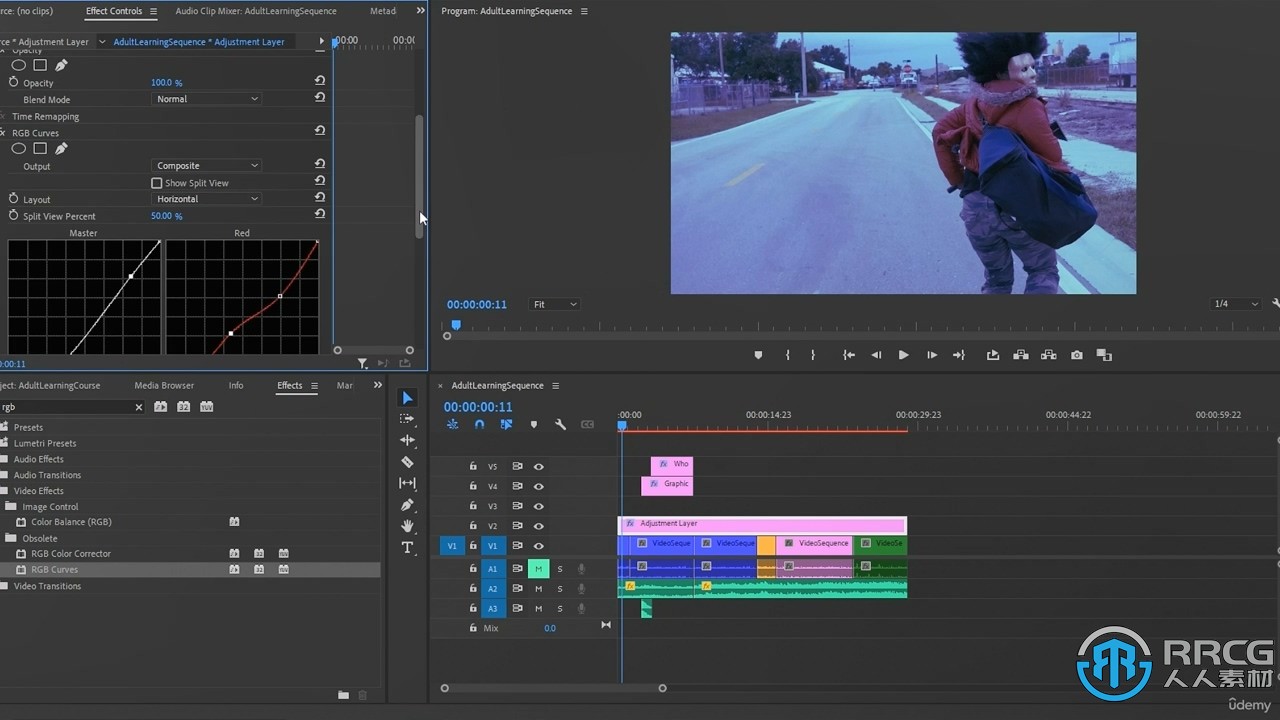
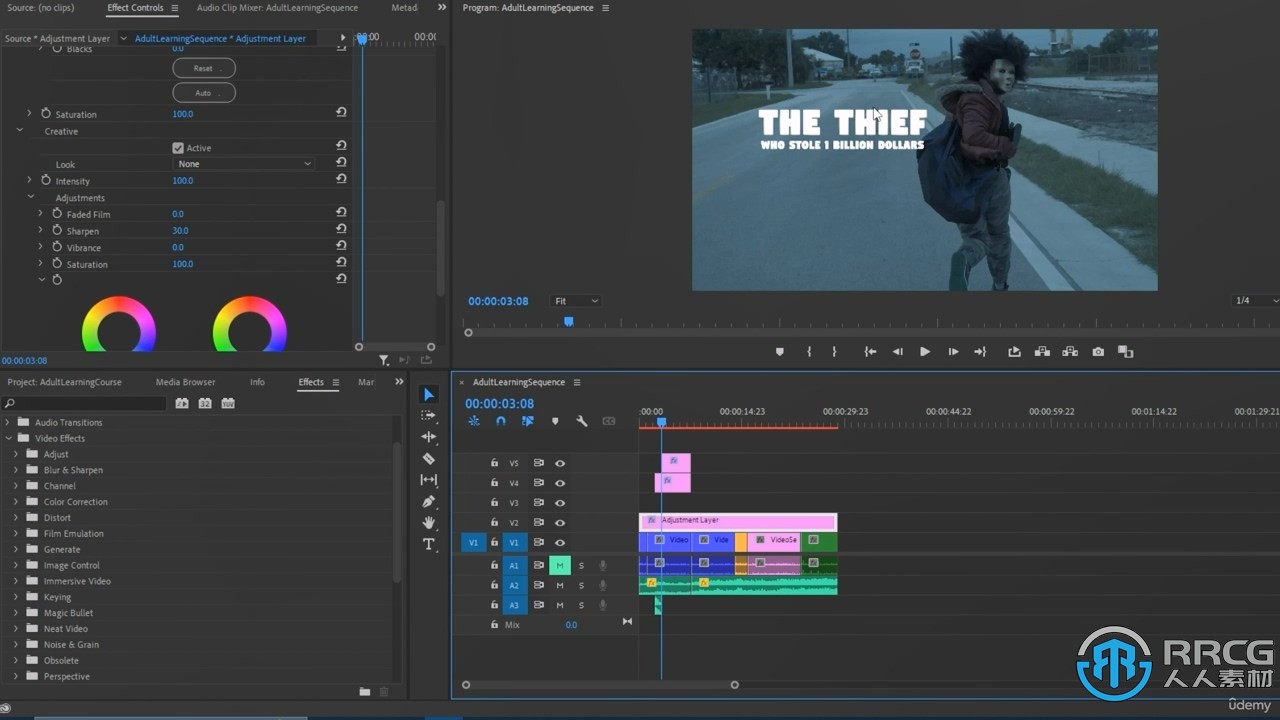
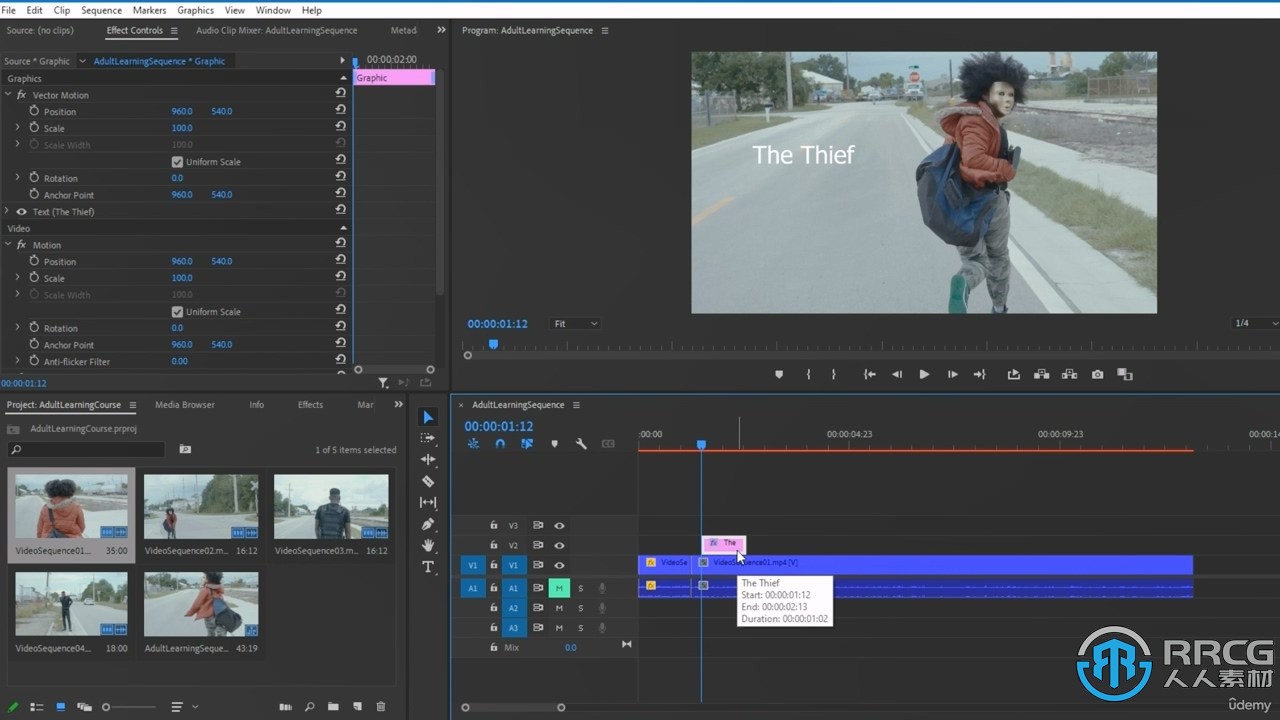
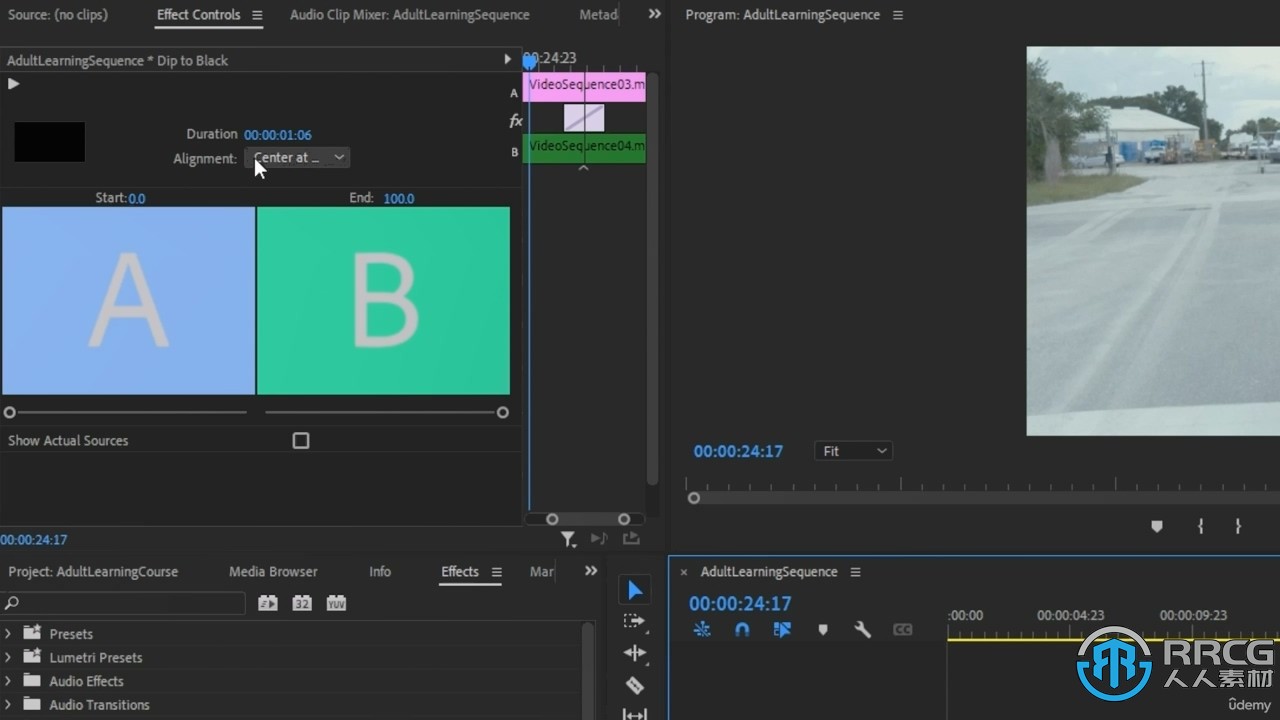
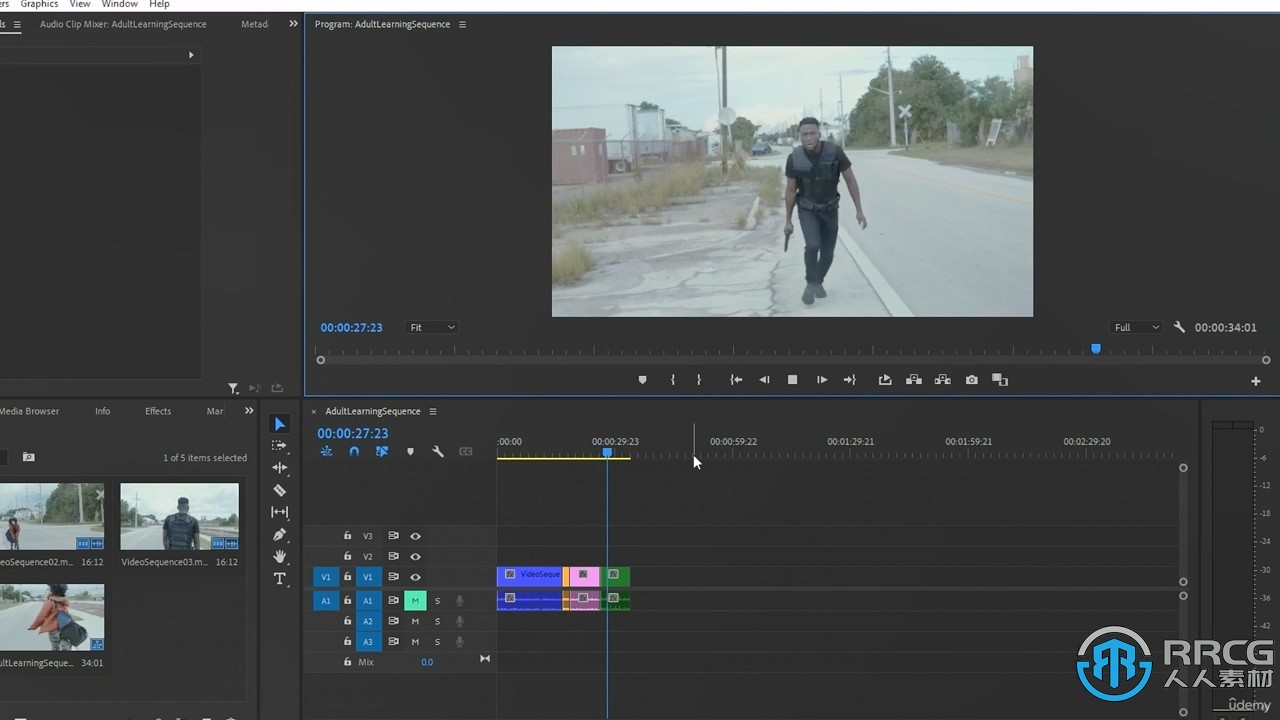
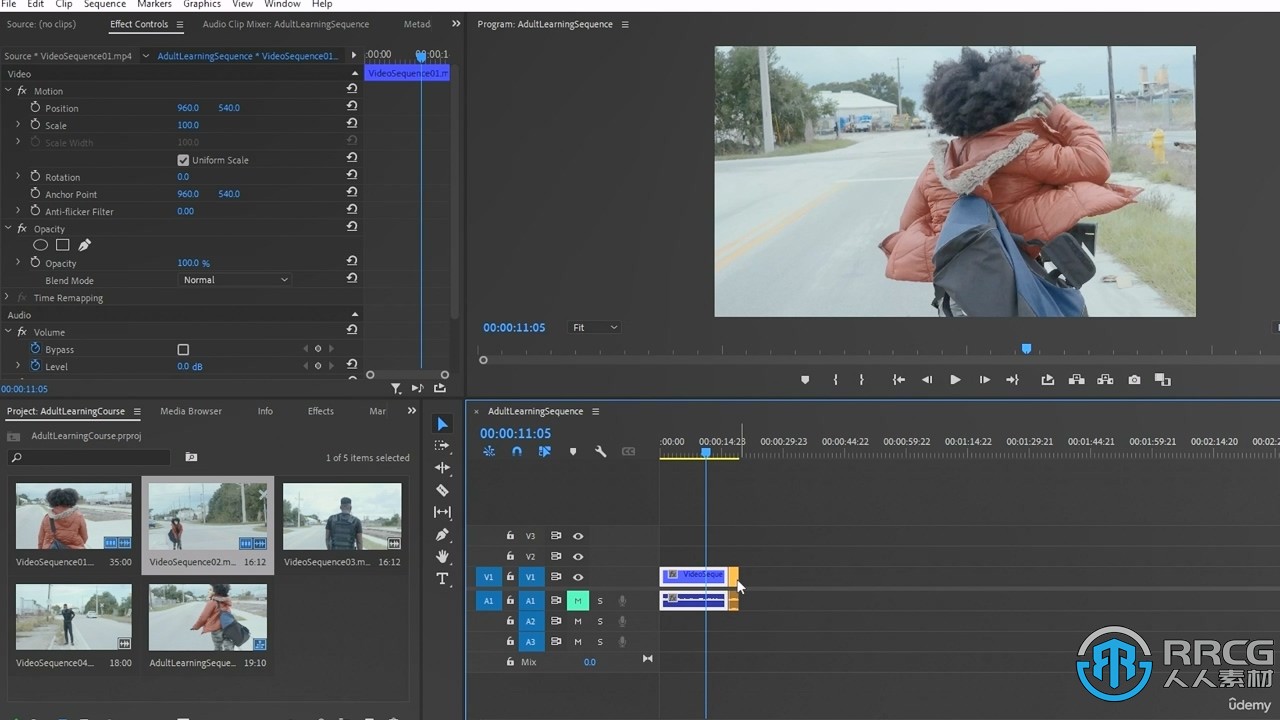
游客,您需要 回复才可以查看:下载地址 或 解压密码! 立即注册
更多Premier Pro中文字幕教程:
Adobe Premiere Pro 2022初学者基础训练视频教程:
https://www.rrcg.cn/thread-16781782-1-1.html
【中文字幕】Premiere Pro 2022视频编辑核心技术训练视频教程:
https://www.rrcg.cn/thread-16780569-1-1.html
【中文字幕】Premiere Pro视频编辑从入门到专业视频课程:
https://www.rrcg.cn/thread-16780180-1-1.html
【中文字幕】Adobe Premiere Pro CC视频编辑大师级视频课程:
https://www.rrcg.cn/thread-16779066-1-1.html
更多相关内容请关注:Premiere视频教程专区,PR模板专区,中文字幕教程专区
|









 1/2
1/2 
